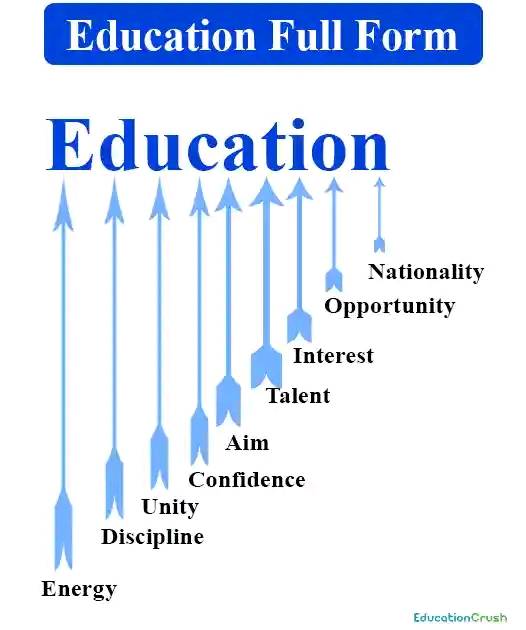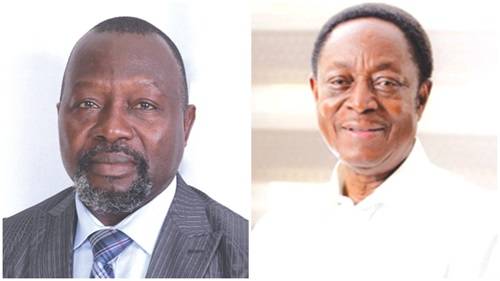A few years back, I loaned a friend some money. Not much—just enough to sting when it disappeared. He promised to pay me back in “a few days.” Long story short, I never saw the cash again. What hurt more wasn’t even the money—it was that he never admitted fault. No “my bad.” No apology. Just vibes.
So when I saw the news that the Attorney-General has dropped the case against Dr. Kwabena Duffuor and seven others, my mind went straight to that same uneasy feeling.
Sure, the state says it has recovered the required funds. And yes, that’s technically a win. But deep down, I couldn’t shake the question: does recovering the money really mean justice has been served?
Let’s rewind a bit. Duffuor and others were being dragged through the legal trenches over matters linked to the collapse of UniBank and other financial institutions. Billions went down the drain. People lost savings. Workers lost jobs. Whole communities felt the ripple effect. And for the longest time, this case was held up as proof that the government was serious about cleaning up the financial mess.
So imagine the whiplash when we suddenly hear: “Case discontinued.” Just like that. No court verdict. No public breakdown of what went wrong. Just... “we’ve got the money back, so let’s all move on.”
Honestly, I wasn’t sure if I was supposed to feel relieved or robbed of closure.
In my opinion—and I say this cautiously—recovering funds is only half of the story. What about the truth? What exactly happened? Who failed? Was there fraud, negligence, bad luck? Without those answers, it kinda feels like sweeping the mess under a very expensive rug.
And let’s be real—if you or I had done something remotely similar, we probably wouldn’t get a nice, neat “case discontinued” letter. We'd be sweating in courtrooms, begging for bail, and eating waakye from plastic buckets behind bars.
But hey, maybe I'm being too emotional. After all, the state got its money back, right? And in a country where “retrieving the money” is often a pipe dream, that’s no small feat. We’ve seen too many scandals where the money simply vanishes—never to be seen again. So maybe this one should be celebrated.
Still... I can’t help but wonder: if powerful people can just pay their way out of legal heat, what does that say to the average Ghanaian trying to do things the right way?
Are we building a system that encourages accountability—or one that quietly tells the rich, “as long as you return the loot, you’re good”?
Maybe I’m overthinking it. Maybe this is progress. Or maybe… this is just another reminder that in Ghana, the line between justice and convenience is sometimes way too blurry.
What do you think—can there be true accountability without consequence? Or are we just happy to settle for whatever looks like a win on paper?




No comments yet
Be the first to share your thoughts!